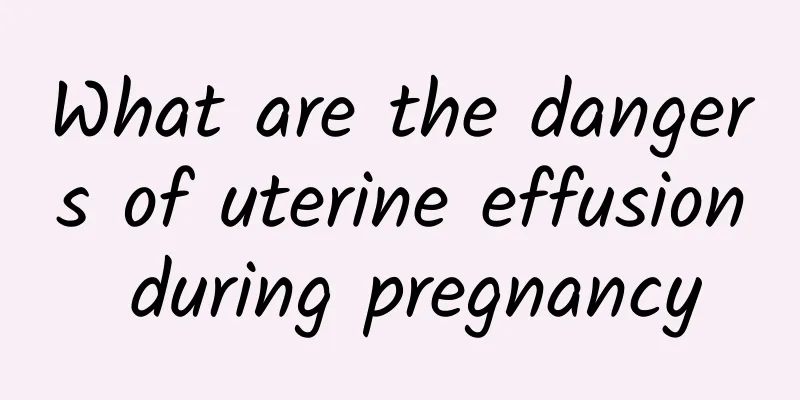What causes ovarian cysts?

|
There are two main causes of ovarian cysts: physiological and pathological. Physiological ovarian cysts usually resolve on their own, while pathological ovarian cysts may require more attention and treatment. 1. Physiological ovarian cysts: This type of cyst is generally smaller than 5 cm and is caused by changes in the ovaries during the normal menstrual cycle. They usually shrink and shrink on their own after a few menstrual cycles. In other words, physiological ovarian cysts are a common phenomenon in the female body and usually do not require special treatment. For example, some women will develop follicular cysts during ovulation. This type of cyst is physiological and usually disappears after the next menstrual cycle. 2. Pathological ovarian cysts: The causes of this type of cyst are relatively complex and involve multiple factors. Endocrine disorders and hormone level disorders are common causes. For example, an imbalance between estrogen and progesterone may lead to the formation of cysts. Emotions and stress are also important factors. Long-term psychological stress and mood swings may affect the endocrine system and cause pathological ovarian cysts. Genetic factors cannot be ignored. If there is a history of ovarian cysts in the family, the risk of the disease may be higher. 3. Influence of lifestyle: An unhealthy lifestyle may also be one of the causes of ovarian cysts. For example, unbalanced diet, lack of exercise, or staying up late for a long time and other bad living habits will have a negative impact on ovarian health. Maintaining a healthy lifestyle, balanced diet, moderate exercise, and regular work and rest can prevent the occurrence of ovarian cysts to a certain extent. 4. Environmental factors: In modern society, environmental pollution is becoming increasingly serious, and some chemicals may interfere with the human endocrine system. For example, some pesticides, plasticizers and other environmental hormones may enter the human body through the food chain, affecting ovarian function and increasing the risk of ovarian cysts. 5. Influence of other diseases: Some chronic diseases such as diabetes, obesity, etc. may also increase the risk of ovarian cysts. These diseases can cause problems in the body's metabolism and endocrine system, thereby indirectly causing ovarian cysts. In order to better prevent and manage ovarian cysts, it is recommended that women undergo regular gynecological examinations and maintain a healthy lifestyle. If any abnormalities are found, seek medical attention in a timely manner and listen to the doctor's advice and treatment plan. This will not only help with the early detection and treatment of ovarian cysts, but also help maintain overall gynecological health. |
<<: Ectopic pregnancy will cause abdominal pain a few days earlier
>>: What to eat after abortion to help your body recover
Recommend
Analyzing the most common causes of uterine fibroids
Clinically, gynecological diseases are a type of ...
Can I fill cavities during menstruation?
Tooth decay can be filled during menstruation, bu...
How much does it cost to do an MRI for hyperprolactinemia?
Hyperprolactinemia troubles the health of many fe...
Can I eat black fungus if I have premature ovarian failure?
Patients with premature ovarian failure can eat b...
Several ways to exercise for ovarian cysts
What are some ways to exercise for ovarian cysts?...
What are the nursing measures for uterine fibroids?
Uterine fibroids are a disease that occurs mainly...
How to relieve the pain in my stomach during my period
Abdominal pain during menstruation may be a norma...
What precautions should be taken after painless abortion?
What precautions should be taken after painless a...
Balanced nutrition! New Taipei City's 4-season recipes for children released
Healthy eating for preschool children is given gr...
Experts explain to you what is vulvar leukoplakia
Many patients diagnosed with vulvar leukoplakia o...
There is a reason for gaining weight! 6 bad habits make you gain 1 kg without realizing it
Are you very upset? Why do you gain weight unknow...
Losing weight simply by reducing your diet? Fear of becoming a flabby pug
If a very fat person loses weight by restricting ...
What if I haven't had my period for 34 days? It may be normal
It is normal to miss your period for 34 days, bec...
Is it difficult to lose weight in winter? Wu Mingzhu: Drink rose jasmine tea to lose fat
As the saying goes, "Losing weight in winter...
Experts explain the four major causes of vulvar leukoplakia
What is the cause of vulvar leukoplakia? Why does...









